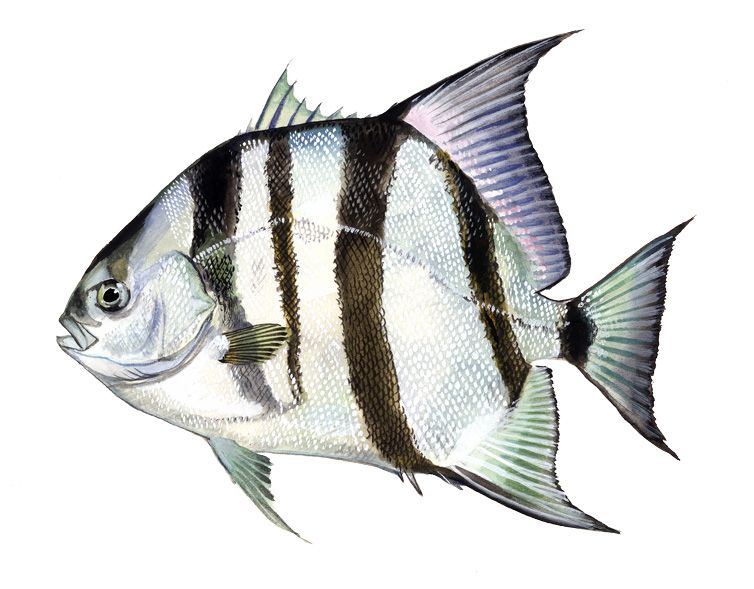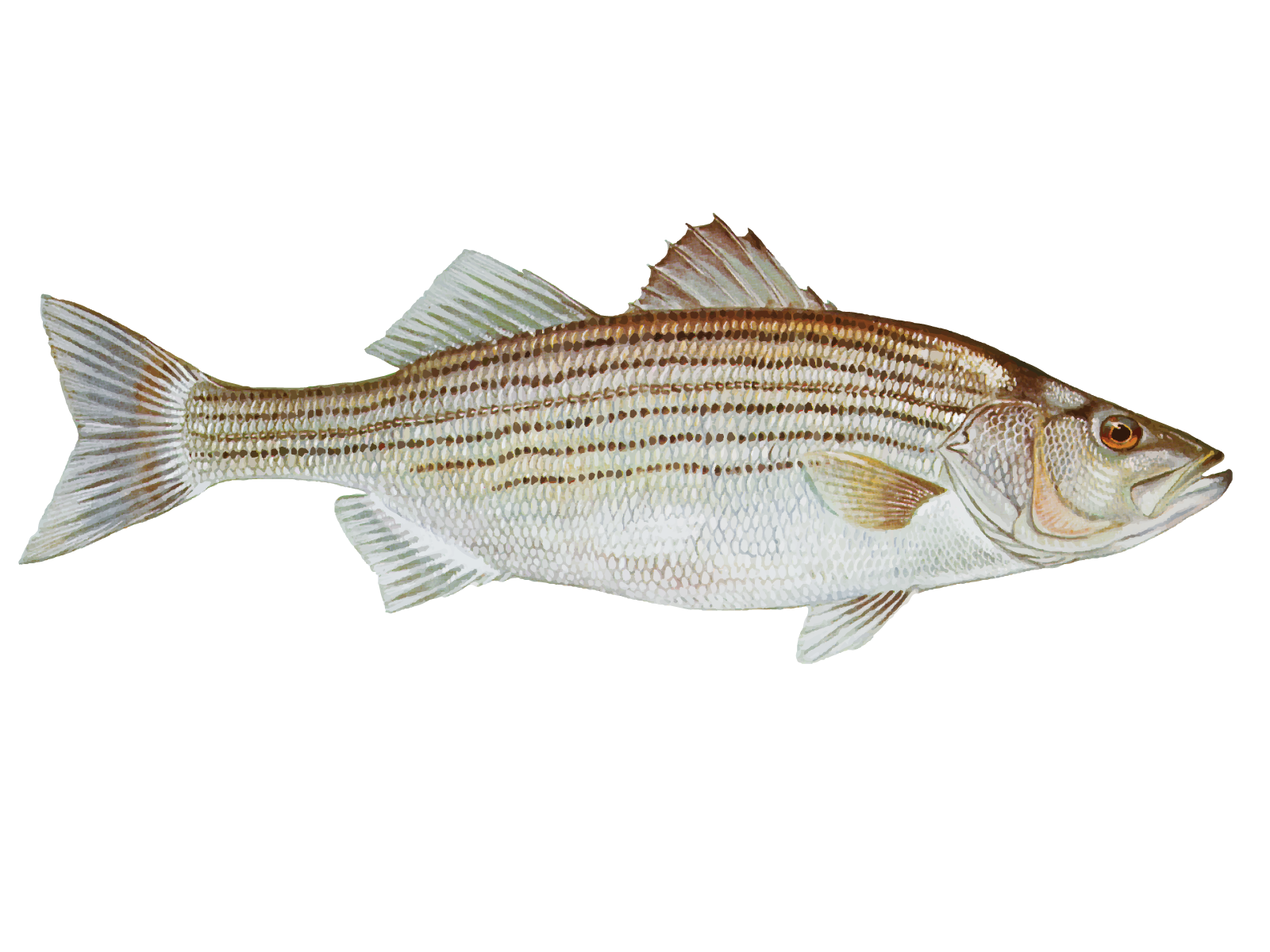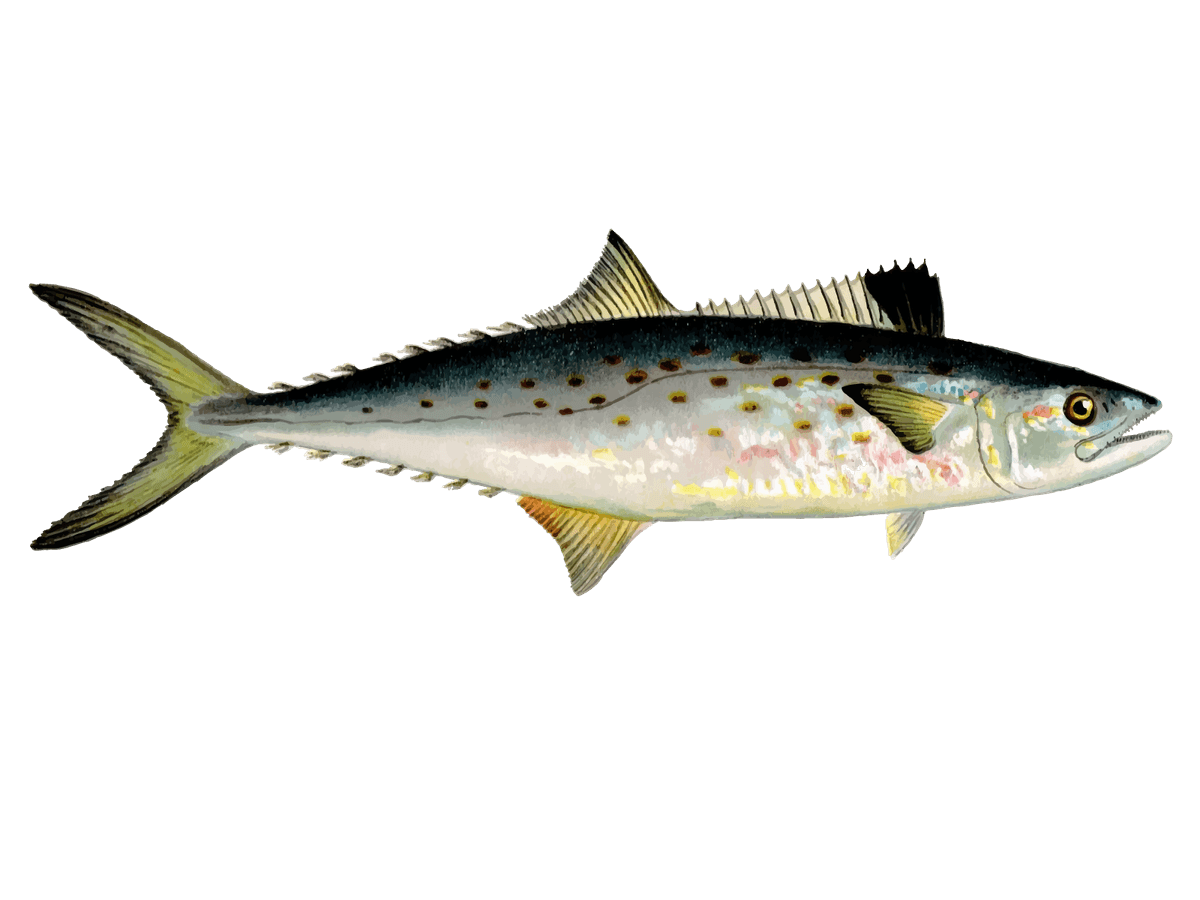//users/2694949b-df5a-42f8-bc78-13187d2b392a/ratecard/265150473_591244975289454_5198552872251323947_n.jpg)
%2Ffit-in%2F300x300%2Fusers%2F2694949b-df5a-42f8-bc78-13187d2b392a%2Fratecard%2F265150473_591244975289454_5198552872251323947_n.jpg&w=256&q=75)
%2F300x300%2Fusers%2F2694949b-df5a-42f8-bc78-13187d2b392a%2Fimages%2Fpicturesque-cape-charles-getaway-2643.jpg&w=256&q=75)
%2F300x300%2Fusers%2F2694949b-df5a-42f8-bc78-13187d2b392a%2Fimages%2Fmassive-cobia-catch-cape-charles-2692.jpg&w=256&q=75)
%2F300x300%2Fusers%2F2694949b-df5a-42f8-bc78-13187d2b392a%2Fimages%2Ffishing-adventure-cape-charles-2673.jpg&w=256&q=75)
%2F300x300%2Fusers%2F2694949b-df5a-42f8-bc78-13187d2b392a%2Fimages%2Fangler-fishing-va-2623.jpg&w=256&q=75)
%2F300x300%2Fusers%2F2694949b-df5a-42f8-bc78-13187d2b392a%2Fimages%2Fcobia-fishing-cape-charles-2510.jpg&w=256&q=75)
%2F300x300%2Fusers%2F2694949b-df5a-42f8-bc78-13187d2b392a%2Fimages%2Ffishing-adventure-virginia-2648.jpg&w=256&q=75)
%2F300x300%2Fusers%2F2694949b-df5a-42f8-bc78-13187d2b392a%2Fimages%2Famerican-eel-cape-charles-fishing-2666.jpg&w=256&q=75)
%2F300x300%2Fusers%2F2694949b-df5a-42f8-bc78-13187d2b392a%2Fimages%2Fcobia-cape-charles-fishing-2591.jpg&w=256&q=75)
%2F300x300%2Fusers%2F2694949b-df5a-42f8-bc78-13187d2b392a%2Fimages%2Ffishing-cape-charles-2709.jpg&w=256&q=75)
%2F300x300%2Fusers%2F2694949b-df5a-42f8-bc78-13187d2b392a%2Fimages%2Fscenic-virginia-landscape-2674.jpg&w=256&q=75)
Premium Cape Charles Inshore Fishing Adventure
What you will be catching:
 Black Drum
Black Drum Black Sea Bass
Black Sea Bass Bluefish
Bluefish Cobia
Cobia Redfish
Redfish Spadefish
Spadefish Spanish Mackerel
Spanish Mackerel Striped Bass
Striped Bass
Trip Pricing and Availabilities :
No trip pricing information available at this time.
Cape Charles: Your Gateway to Chesapeake Bay Fishing
Hey there, fellow angler! Ready to wet a line in some of the most productive waters on the East Coast? Our 6-hour afternoon inshore fishing trip out of Cape Charles, Virginia is just the ticket. We're talking about the kind of fishing that'll have you grinning from ear to ear and swapping stories for years to come. The Chesapeake Bay is teeming with a variety of hard-fighting, tasty fish, and we know just where to find 'em. So grab your hat and sunscreen, and let's hit the water!
What to Expect on the Water
First things first – we've got you covered on the gear front. No need to lug your tackle box or worry about licenses; we provide all the top-notch equipment and take care of the paperwork. Your job? Just show up ready to have a blast. We'll cruise out from the picturesque harbor of Cape Charles, and before you know it, we'll be dropping lines in some of the Bay's most fish-rich spots. Whether you're a seasoned pro or it's your first time holding a rod, our experienced crew will make sure you're in on the action. And hey, don't forget to pack some snacks and drinks – nothing works up an appetite like reeling in the big ones!
Fishing Techniques & Hot Spots
In these parts, we're all about versatility. Depending on what's biting, we might be drifting live bait, casting lures, or even doing some light trolling. The Chesapeake Bay is like a buffet for fish, with plenty of structure, drop-offs, and channels that hold bait and gamefish alike. We'll hit up some local favorites like the Concrete Ships, the Cape Charles Jetty, or the edge of the shipping channel. Each spot has its own personality, and we know how to read the water to put you on the fish. Be ready to switch it up – one minute you could be jigging for stripers, the next you might be sight-casting to cobia cruising the surface. It's this variety that keeps our regulars coming back season after season.
Species You'll Want to Hook
Alright, let's talk about the stars of the show – the fish! The Chesapeake Bay is home to some real bruisers, and each one offers a unique challenge.
Striped Bass (Rockfish): These are the undisputed kings of the Bay. Stripers can grow to over 50 pounds, and they fight like freight trains. They love to hang around structure, so we'll target them near bridge pilings, rocky points, and channel edges. The thump when a big striper hits your lure is something you'll never forget.
Redfish (Red Drum): With their copper-colored scales and distinctive spot near the tail, redfish are both beautiful and delicious. They're often found in shallower waters, tailing as they root for crabs and baitfish. Sight-fishing for reds is a heart-pounding experience – you'll see why we call it "redfever".
Black Sea Bass: Don't let their size fool you; these guys punch above their weight class. Found around wrecks and reefs, sea bass are aggressive feeders and make for some of the tastiest fillets you'll ever have. When we find a school, it's often non-stop action.
Black Drum: The bulldogs of the Bay, black drum can grow to over 80 pounds. They're bottom feeders with a sweet tooth for crabs and clams. When you hook into a big one, hold on tight – it's like trying to reel in a Volkswagen!
Spadefish: These oddly-shaped fish might look funny, but they're no joke on light tackle. They school up around structure and can be finicky eaters, but when you dial in the technique, it's a blast. Plus, they're excellent on the grill.
Cobia: Summer brings these bruisers to the Bay, and they're high on many anglers' bucket lists. Cobia can top 100 pounds and are known for their long, powerful runs. Sight-casting to these giants as they cruise the surface is an adrenaline rush like no other.
Spanish Mackerel: When the water warms up, these speedsters arrive in force. Trolling for Spanish macks is a great way to cover water and fill the cooler. Their acrobatic jumps and blistering runs will test your drag and your reflexes.
Bluefish: The Bay's most aggressive residents, blues are all teeth and attitude. They'll hit just about anything that moves and fight all the way to the boat. When a school of blues moves through, it's pure chaos – in the best way possible.
Why Anglers Keep Coming Back
Look, I could go on all day about the fish, but it's more than just what's on the end of the line. It's about that moment when the sun's setting over the Bay, painting the sky in colors you didn't know existed. It's the salty breeze on your face and the camaraderie that comes from sharing a boat and a common goal. Our trips are perfect for families looking to bond, friends celebrating a special occasion, or solo anglers hoping to scratch that fishing itch. And let's be real – there's nothing quite like the pride of bringing home a cooler full of fresh-caught dinner.
Time to Book Your Spot
So, what do you say? Ready to make some memories and maybe set a new personal best? Our 6-hour afternoon trips are booking up fast, especially during peak seasons. Whether you're dreaming of battling a bull red or filling the freezer with sea bass, we've got the know-how and the hot spots to make it happen. Don't let another season slip by – give us a call or shoot us a message to lock in your date. Trust me, the only thing you'll regret is not doing it sooner. See you on the water!
Learn more about the species
Black Drum
Black drum are monsters - they average 20-30 pounds but can top 80! Look for them in shallow bays and inlets, especially around oyster beds. Spring is prime as they spawn. Anglers love the thrill of battling these big boys, plus they're good eating when smaller. To land one, use fresh crab or clams on a circle hook. My secret? Chum with crushed oyster shells to really fire them up. Cast upcurrent and let your bait drift naturally. When you feel that telltale thump, hold on tight! These guys put up a serious fight, especially the big ones.

Black Sea Bass
Black sea bass are a staple here, usually 2-4 pounds but can reach 8+. You'll find them around structure like wrecks, reefs and pilings in 30-120 feet. Spring through fall is prime time. Anglers enjoy their aggressive bite and delicious white meat. To target them, I like to use a two-hook bottom rig with squid or cut bait. Drop it right on the structure and get ready for action. A cool trick is to use circle hooks - they're great for catch-and-release and almost always hook in the corner of the mouth. Just remember, bigger bass are in deeper water, so don't be afraid to move out a bit for the trophy-sized ones.

Bluefish
Bluefish are aggressive fighters, usually 3-5 pounds but can reach 20+. They roam in schools, often near the surface in open water or around structure. Summer and fall are prime as they chase bait schools. Anglers love their hard strikes and powerful runs. To target them, I use metal lures or topwater poppers - blues can't resist a noisy surface lure. Cast into feeding frenzies or troll along rips and edges. My tip? Use wire leaders - those razor-sharp teeth will slice through mono. And careful handling them - even small ones can give a nasty bite. They're good eating when prepared right, especially the smaller ones.

Cobia
Cobia are one of our prized catches, averaging 30-50 pounds but can top 100. Look for them near buoys, channel markers, and large rays in 20-80 feet of water. Late spring through summer is prime. Anglers love their hard runs and acrobatic jumps - plus they're excellent eating. To land a big one, I'll slow-troll live eels or large bucktail jigs around structure. My secret weapon is sight-casting when we spot them near the surface. Cast a live bait or large jig right in front of them and hang on! Just be ready for a long, tough fight - these fish don't give up easily.

Redfish
Redfish are a blast to catch in the shallows around here. Most are 5-10 pounds but can get up to 40+ pounds. Look for them tailing in 1-4 feet of water over oyster beds and grass flats. Spring and fall are ideal as water temps moderate. Anglers love sight-casting to these fish - it's a real rush when you spot that copper-colored tail waving. For best results, I'll use a gold spoon or shrimp imitation and cast just ahead of where I see movement. Let it sink, then give it a few twitches. Be ready for an explosive strike and a hard fight on light tackle. And they're excellent eating too!

Spadefish
Spadefish are unique - disc-shaped and usually 3-5 pounds. Find them around buoys, pilings, and wrecks in 20-40 feet of water. Summer's the best time as they move inshore. Anglers enjoy their odd looks and scrappy fight on light tackle. My go-to trick is to chum with bits of clam, then use small pieces on a tiny hook. Cast just upcurrent of the structure and let it drift down. Be ready for a subtle bite - they're not aggressive strikers. Once hooked though, they put up a fun fight for their size. And they're pretty tasty too, with firm white meat.

Spanish Mackerel
Spanish mackerel are speedy little guys, usually 2-4 pounds. They roam in big schools near the surface, often giving themselves away by feeding frenzies. Summer and early fall are best as they migrate through. Anglers love their fast runs and great taste on the grill. To catch them, I like to troll small spoons or jigs behind the boat. A local trick is to look for diving birds - that often means mackerel are pushing bait to the surface. Motor upwind of the action, cut the engine, and cast small lures into the frenzy. Retrieve fast and erratically to trigger strikes. Just watch those teeth when unhooking!

Striped Bass
Striped bass are a popular gamefish here in the Chesapeake, typically 20-40 pounds but can grow much larger. They're structure-oriented, so we target them around reefs, sandbars, and drop-offs in 30-70 feet of water. Spring and fall are prime seasons as they migrate. Anglers love stripers for their hard-fighting nature and excellent taste. To improve your chances, focus on moving waters near shore at dawn and dusk when they're feeding. I like to use live bait like herring or eels on a circle hook - the scent and movement really attract the big ones. Just be ready for a battle when you hook into a trophy striper!

About the Hateras (Flybridge)
%2F%2Fusers%2F2694949b-df5a-42f8-bc78-13187d2b392a%2Fboat_picture%2F275781484_3139287716304828_2089746835297394061_n.jpg&w=1200&q=75)
Vehicle Guest Capacity: 6
Manufacturer Name: Catepillar
Maximum Cruising Speed: 25
Number of Engines: 2
Horsepower per Engine: 567
Ready for some awesome afternoon fishing in Cape Charles? Hop aboard our sweet setup for 6 hours of non-stop angling action on the Chesapeake Bay. We've got room for you and 5 of your buddies, so bring the whole crew along. No need to stress about gear or licenses - we've got all that covered. Just pack some snacks and drinks, and you're good to go. You'll be targeting the local favorites like Cobia, Mackerel, and Spadefish, guided by a local pro who knows these waters like the back of their hand. Whether you're a seasoned angler or it's your first time holding a rod, you're in for a great time out on the bay. So what are you waiting for? Give us a shout and let's get you out on the water for some serious fishing fun. We guarantee you'll head home with some cool stories and maybe even a tasty dinner. Cape Charles fishing is where it's at - come see for yourself!
%2Ffit-in%2F250x250%2Fguide_websites%2F5710%2Fimages%2Fearningstripessportfishing.png&w=1200&q=100)


%2Ffilters%3Aformat(webp)%2Fusers%2F2694949b-df5a-42f8-bc78-13187d2b392a%2Fimages%2Famerican-eel-cape-charles-fishing-2666.jpg&w=768&q=75)
%2Ffilters%3Aformat(webp)%2Fusers%2F2694949b-df5a-42f8-bc78-13187d2b392a%2Fimages%2Fcobia-cape-charles-fishing-2591.jpg&w=768&q=75)
%2Ffilters%3Aformat(webp)%2Fusers%2F2694949b-df5a-42f8-bc78-13187d2b392a%2Fimages%2Ffishing-cape-charles-2709.jpg&w=768&q=75)
%2Ffilters%3Aformat(webp)%2Fusers%2F2694949b-df5a-42f8-bc78-13187d2b392a%2Fimages%2Fscenic-virginia-landscape-2674.jpg&w=768&q=75)
%2Ffilters%3Aformat(webp)%2Fusers%2F2694949b-df5a-42f8-bc78-13187d2b392a%2Fimages%2Fpicturesque-cape-charles-getaway-2643.jpg&w=768&q=75)
%2Ffilters%3Aformat(webp)%2Fusers%2F2694949b-df5a-42f8-bc78-13187d2b392a%2Fimages%2Fmassive-cobia-catch-cape-charles-2692.jpg&w=768&q=75)
%2Ffilters%3Aformat(webp)%2Fusers%2F2694949b-df5a-42f8-bc78-13187d2b392a%2Fimages%2Ffishing-adventure-cape-charles-2673.jpg&w=768&q=75)
%2Ffilters%3Aformat(webp)%2Fusers%2F2694949b-df5a-42f8-bc78-13187d2b392a%2Fimages%2Fangler-fishing-va-2623.jpg&w=768&q=75)
%2Ffilters%3Aformat(webp)%2Fusers%2F2694949b-df5a-42f8-bc78-13187d2b392a%2Fimages%2Fcobia-fishing-cape-charles-2510.jpg&w=768&q=75)
%2Ffilters%3Aformat(webp)%2Fusers%2F2694949b-df5a-42f8-bc78-13187d2b392a%2Fimages%2Ffishing-adventure-virginia-2648.jpg&w=768&q=75)
